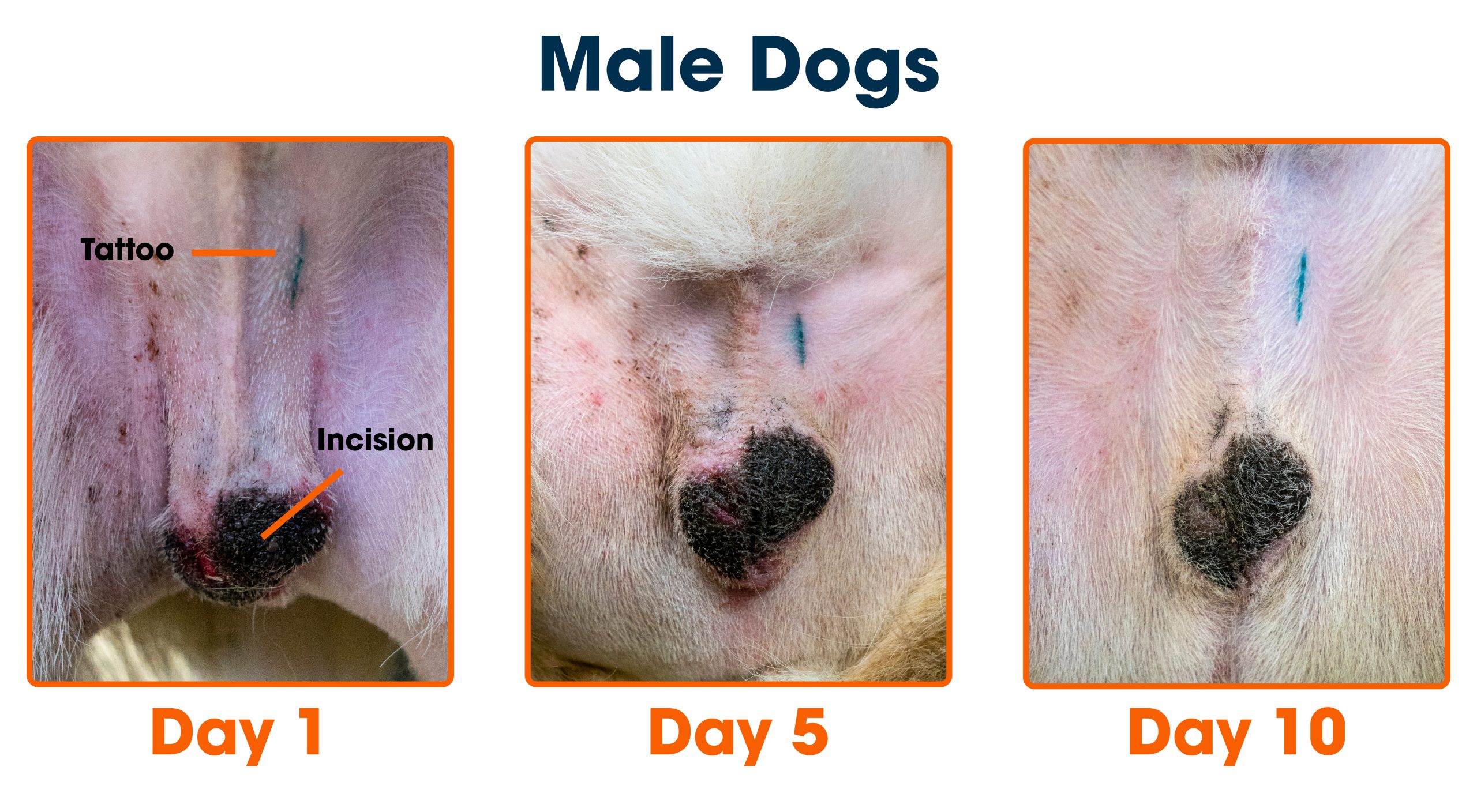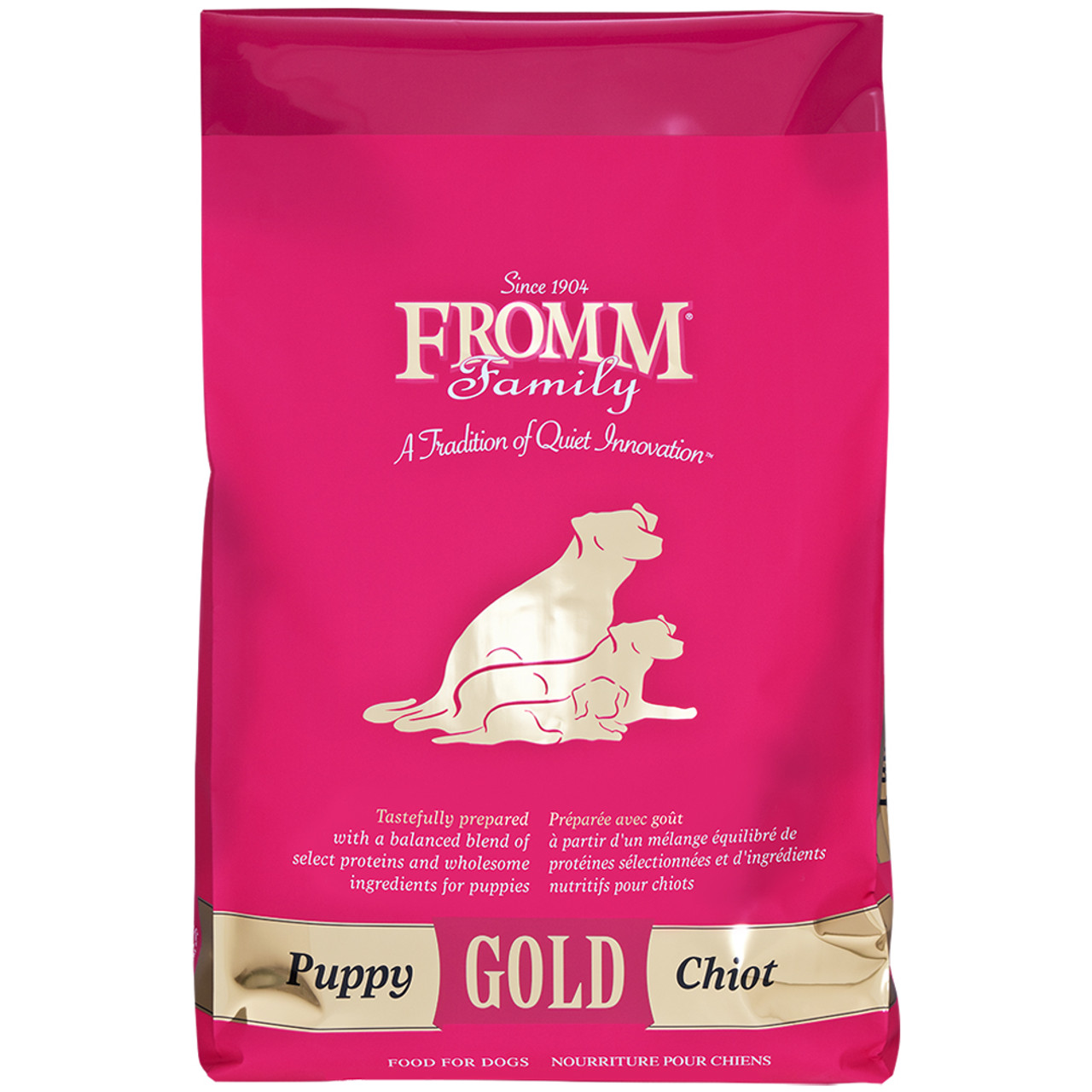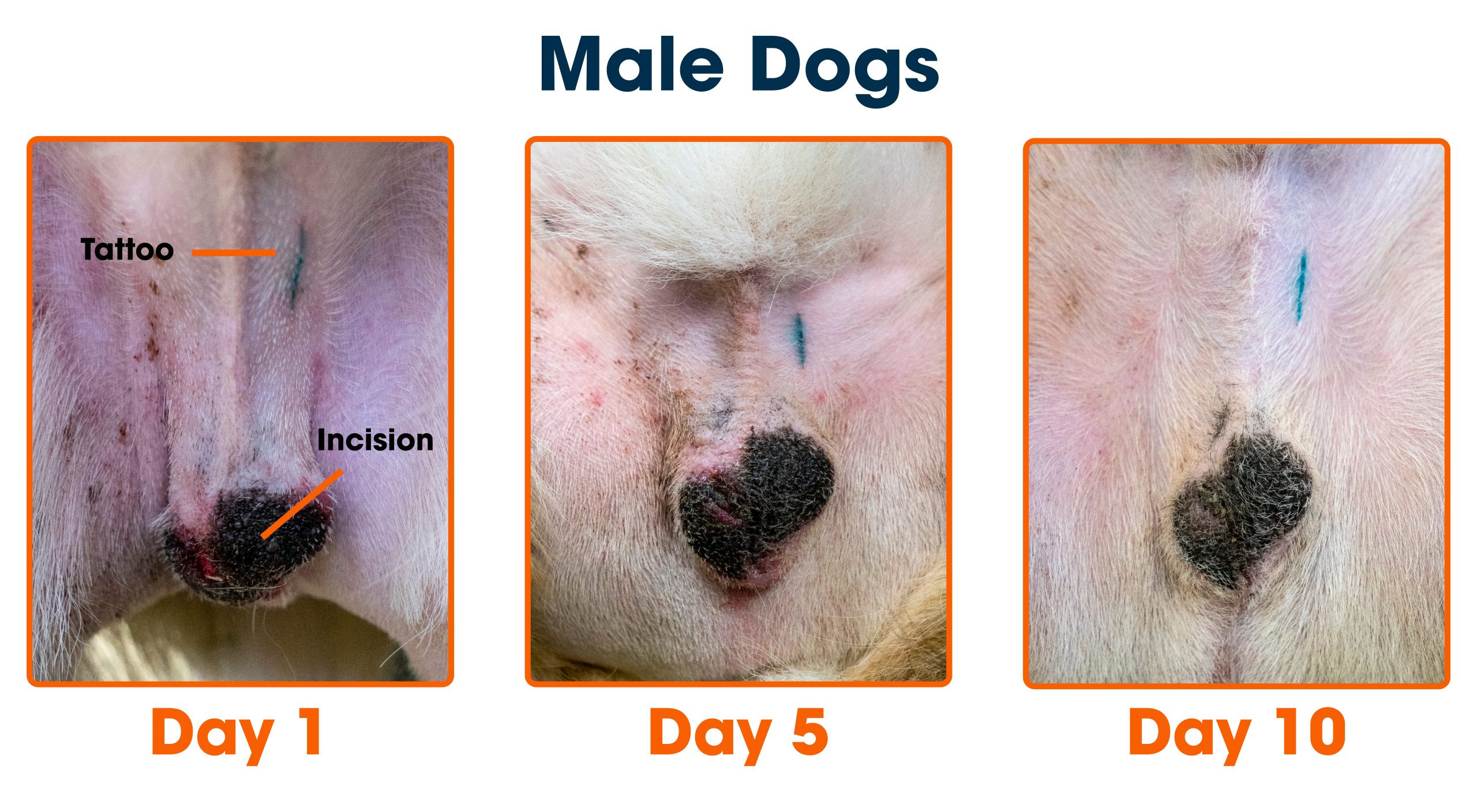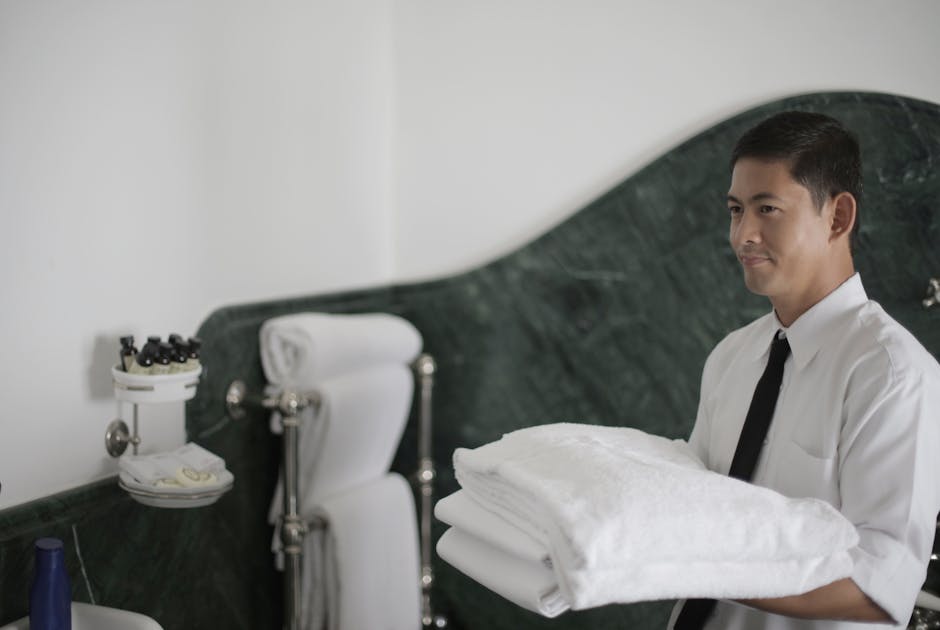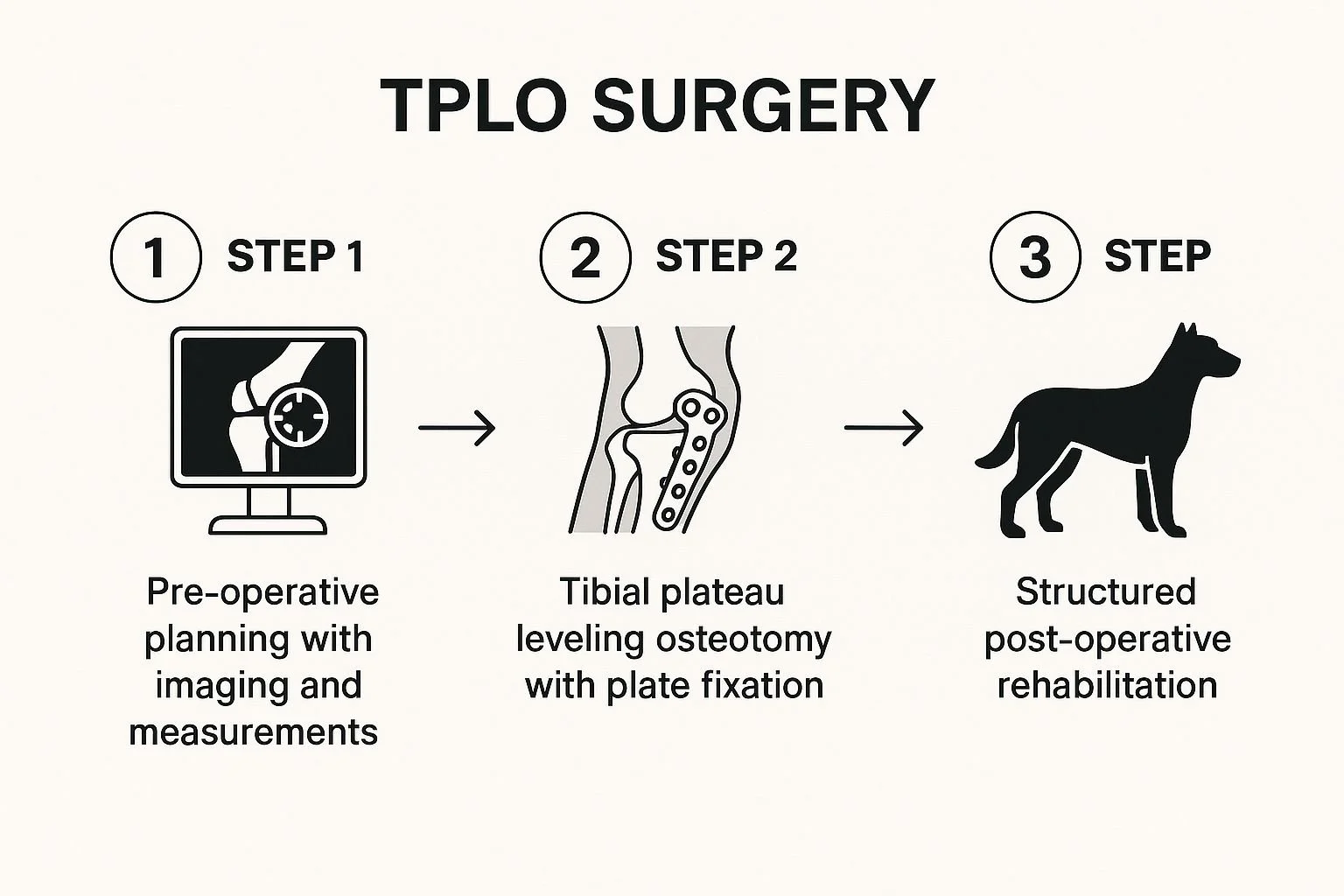Have you ever wondered if your dog’s teeth really need professional cleaning? You might think brushing at home is enough, but there’s more to keeping your furry friend’s smile healthy than you realize.
When it comes to your dog’s dental care, vets play a crucial role that many pet owners overlook. If you want to protect your dog from pain, bad breath, and serious health issues, understanding what vets do during a teeth cleaning is key.
Keep reading to discover why vet cleanings are important and how they can make a difference in your dog’s health and happiness.
Why Vet Teeth Cleaning Matters
Keeping your dog’s teeth clean is more than just a cosmetic concern. Vet teeth cleaning plays a crucial role in maintaining your pet’s overall health and comfort. Understanding why professional dental care matters can help you make better choices for your furry friend’s wellbeing.
Health Risks Of Poor Oral Hygiene
Poor oral hygiene in dogs can lead to serious health problems beyond bad breath. Bacteria from dental plaque can enter the bloodstream and affect vital organs like the heart, kidneys, and liver.
Unchecked tartar buildup causes gum disease, tooth loss, and painful infections. Have you noticed your dog struggling to eat or showing signs of discomfort? These might be signs of hidden dental issues that need professional attention.
Benefits Of Professional Cleaning
Professional cleaning by vets removes plaque and tartar that regular brushing can’t reach. This deep cleaning helps prevent painful dental diseases and keeps your dog’s mouth fresh and healthy.
Vets also perform a thorough exam during cleaning, spotting early problems before they become serious. Plus, they can provide advice tailored to your dog’s breed, age, and dental health needs.
- Improves breath and overall comfort
- Prevents costly treatments down the road
- Supports your dog’s long-term health and happiness
Would you want your dog to suffer silently from dental pain? Regular vet cleanings are a simple way to protect your pet’s smile and wellbeing.

Credit: www.yahoo.com
How Vets Clean Dog Teeth
Veterinarians clean dogs’ teeth to keep their mouths healthy. The process removes plaque and tartar that cause bad breath and gum disease. This cleaning helps prevent tooth loss and pain. Vets use special tools and follow strict safety steps to protect pets during cleaning.
Tools And Techniques Used
Vets use ultrasonic scalers to break down plaque and tartar. These tools create vibrations that gently clean the teeth. Hand scalers remove stubborn deposits in hard-to-reach areas. After scaling, vets polish the teeth with a special paste. This smooths the surface and helps prevent new buildup.
- Ultrasonic scaler for deep cleaning
- Hand scalers for detailed work
- Polishing tools and paste
- Dental mirrors for better visibility
Anesthesia And Safety Measures
Most dogs need anesthesia for a thorough cleaning. It keeps them still and pain-free during the process. Vets check the dog’s health before anesthesia to ensure safety. Monitoring devices track the dog’s heart rate and breathing. This care reduces risks and ensures a smooth procedure.
Signs Your Dog Needs A Dental Checkup
Knowing the signs that your dog needs a dental checkup is crucial for their overall health. Dental problems can develop quietly, causing pain and discomfort without obvious signs. By paying attention to subtle changes, you can catch issues early and keep your dog’s smile bright and healthy.
Common Symptoms Of Dental Issues
Watch for bad breath that doesn’t improve after brushing. This often signals bacteria buildup in the mouth.
Notice if your dog drools more than usual or has trouble chewing. These can indicate tooth pain or gum disease.
Look for red, swollen, or bleeding gums during play or feeding times. These symptoms suggest inflammation that needs attention.
Also, check if your dog is pawing at their mouth or showing signs of irritability. Such behavior can mean they are experiencing oral discomfort.
When To Schedule A Vet Visit
If you spot any of these symptoms, schedule a vet visit promptly. Early dental exams can prevent serious problems like infections or tooth loss.
Even without obvious signs, consider a dental checkup once a year. Dogs often hide pain well, and regular professional cleanings support long-term oral health.
Ask your vet about the best dental care plan tailored for your dog’s age, breed, and lifestyle. This proactive approach helps avoid costly treatments later.

Credit: www.facebook.com
Daily Oral Care For Dogs
Daily oral care is essential for keeping your dog’s teeth healthy and avoiding painful dental issues. Just like people, dogs need regular attention to their teeth to prevent plaque buildup and bad breath. You might wonder how much you can actually do at home before a vet’s cleaning becomes necessary.
Brushing Techniques And Tips
Start by choosing a quiet moment when your dog feels calm. Use a soft-bristled toothbrush designed specifically for dogs or a finger brush for better control.
Gently lift your dog’s lip and brush in small circles, focusing on the gum line where plaque tends to gather. Keep sessions short at first—just a minute or two—and reward your dog with praise or treats.
Consistency is key. What if your dog resists? Try brushing after a walk or playtime when they are more relaxed. Patience and positive reinforcement make a big difference over time.
Choosing The Right Dental Products
Not all toothpaste is safe for dogs. Never use human toothpaste, as it contains ingredients harmful to pets. Instead, pick toothpaste formulated for dogs, available in flavors like poultry or peanut butter to make brushing more enjoyable.
Besides toothpaste and brushes, dental chews and water additives can support oral health. Look for products approved by veterinary dental associations to ensure effectiveness.
Have you checked your vet’s recommendations? They often suggest specific brands based on your dog’s breed and dental condition. Combining these products with regular brushing gives your dog the best chance for a healthy mouth.
Diet And Chews For Healthy Teeth
Diet and chews play a vital role in keeping a dog’s teeth healthy. Good food and safe chews help reduce plaque and freshen breath. They support strong gums and prevent dental diseases. Choosing the right diet and chews can make a big difference in your dog’s oral health.
Foods That Support Oral Health
Certain foods help keep teeth clean naturally. Dry kibble scrapes off plaque better than wet food. Some dog foods have special ingredients to reduce tartar. Crunchy vegetables like carrots can also clean teeth.
- High-quality dry dog food with dental benefits
- Fresh carrots and apples as occasional snacks
- Foods enriched with omega-3 fatty acids for gum health
- Dental-specific diets approved by veterinarians
Safe Chews And Toys
Chewing helps scrape away plaque and massage gums. Choose chews that are tough but not harmful to teeth. Avoid very hard chews that can break teeth. Toys designed for dental care also help clean teeth.
- Rubber or nylon dental chew toys
- Edible dental chews with vet approval
- Rawhide alternatives that are digestible
- Avoid bones and antlers that may cause damage

Credit: www.aahwc.com
Preventing Dental Problems At Home
Preventing dental problems at home plays a key role in your dog’s health. Simple habits can stop plaque and tartar buildup. Clean teeth help avoid painful infections and costly vet visits. Daily care keeps your dog’s mouth fresh and healthy. Establishing a routine makes dental care easy and effective.
Routine Checks And Maintenance
Check your dog’s teeth and gums regularly. Look for redness, swelling, or bad breath. Use a soft cloth or dog toothbrush for cleaning. Brush teeth gently with pet-safe toothpaste. Make brushing a calm and positive experience. Set a schedule to brush teeth several times a week. Regular checks catch problems early. Early care prevents serious dental disease.
Avoiding Harmful Habits
Discourage your dog from chewing hard objects like bones or rocks. These can break teeth or cause injuries. Avoid giving sugary treats or table scraps. Sugar feeds bacteria that cause plaque. Provide safe chew toys made for dental health. Encourage chewing to naturally clean teeth. Keep your dog’s diet balanced to support oral health. Healthy habits protect teeth and gums long-term.
When To Seek Emergency Dental Care
Knowing when to seek emergency dental care for your dog is vital. Dental problems can worsen quickly and cause serious pain or infection. Early action helps prevent more damage and keeps your dog comfortable.
Watch your dog closely for unusual behavior or symptoms. Some signs need immediate attention from a vet. Acting fast can save your dog’s teeth and health.
Signs Of Severe Pain Or Infection
- Drooling more than usual
- Bad breath with a strong odor
- Swelling around the mouth or jaw
- Bleeding from the gums or mouth
- Refusing to eat or drink
- Whining, pawing at the mouth, or hiding
- Loose or broken teeth visible
- Fever or lethargy
Immediate Actions To Take
- Keep your dog calm and comfortable
- Do not try to remove anything stuck in the mouth
- Rinse the mouth gently with water if possible
- Check your vet’s emergency number
- Transport your dog carefully to the veterinary clinic
- Follow the vet’s instructions exactly
Frequently Asked Questions
Do Vets Regularly Clean Dogs’ Teeth?
Yes, vets perform professional dental cleanings for dogs during routine visits. These cleanings remove plaque and tartar to prevent dental diseases and maintain oral health.
How Often Should A Vet Clean A Dog’s Teeth?
Most vets recommend dental cleanings once a year for dogs. However, frequency may vary based on your dog’s age, breed, and dental health condition.
Is Professional Teeth Cleaning Safe For Dogs?
Professional teeth cleaning is safe when performed by trained vets. It usually involves anesthesia to ensure thorough cleaning and prevent stress or discomfort for the dog.
Can Dental Cleaning Prevent Dog Tooth Loss?
Yes, regular dental cleanings help prevent gum disease and tooth decay. This reduces the risk of tooth loss and keeps your dog’s teeth strong and healthy.
Conclusion
Vets play a key role in keeping dogs’ teeth clean and healthy. Regular dental check-ups help spot problems early. Professional cleaning removes plaque and prevents bad breath. Good dental care supports your dog’s overall health and happiness. Don’t wait for signs of pain or discomfort.
Trust vets to provide safe and effective teeth cleaning. Healthy teeth mean a happier dog and fewer vet visits later. Simple steps now can avoid bigger problems in the future. Taking care of your dog’s teeth is worth every effort.

